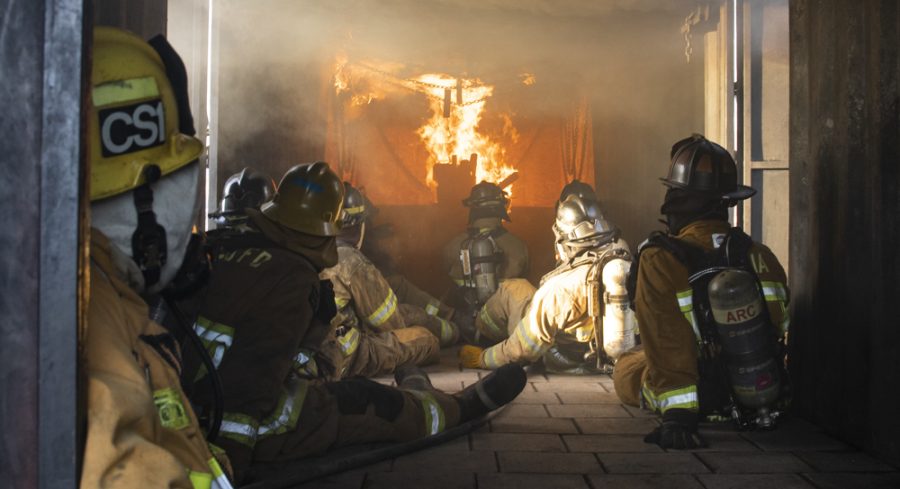Despite not hearing about Swine Flu so much in the news media, it is still a very prevalent health risk when it is flu season, making us susceptible to the dreaded H1N1 virus; preventative measures need to be taken to stay healthy.
Even though the hype of swine flu may be down, it is still a danger and many people are still contracting H1N1. Just because it is not covered much in the news media does not necessarily mean that it is over and we are not at risk.
Mary Jones, Health Center Coordinator for Oxnard College said that Swine Flu is still dangerous and that although it may not be as bad as predicted it is still something to be cautious of.
“H1N1 is still a relevant health issue,” said Jones. “In the United States we are now entering our seasonal flu season, this lasts usually until April. The H1N1 strain is still in the general population also. The pandemic is not as bad as was predicted, but is still visible on the campuses.”
The Center for Disease Control (CDC) is still advising people to get vaccinated against H1N1 as well as to maintain a healthy lifestyle to prevent the swine flu and other viruses. The CDC has released a statement in regards to the H1N1 virus: “CDC is now encouraging everyone to get vaccinated against 2009 H1N1, including people 65 years and older. While less common than with seasonal flu, severe illnesses and deaths from 2009 H1N1 have occurred in every age group…”
The 2009 H1N1 virus was first observed in the US in April 2009. On June 11, 09 the World Health Organization (WHO) announced that the H1N1 virus was turning into a pandemic. By July 1, according to WHO, H1N1 had been confirmed in 120 countries and territories.
“As the pandemic evolved, clinicians identified a very severe form of primary viral pneumonia, which was rapidly progressive and frequently fatal, that is not part of the disease pattern seen during seasonal influenza. While these cases were relatively rare, they imposed a heavy burden on intensive care units,” the WHO reported.
The CDC reports that the following are symptoms of the swine flu: fever, lethargy, lack of appetite and coughing. Some people with swine flu have also reported runny nose, sore throat, nausea, vomiting and diarrhea. Flu-like symptoms often improve, but then return with fever and worse cough later on.
According to Sharon Manakas, coordinator of Student Health Services of Moorpark College, if you think you may have swine flu, you are advised to stay home for at least 24 hours after you no longer have a fever or signs of one and to contact your personal healthcare provider or call the health center at your campus to request a consultation with the nurse.
For more information on H1N1 or vaccinations, contact your school health center at www.moorparkcollege.edu/health, www.oxnardcollege.edu/health or www.venturacollege.edu/health.






